For 35 years, our communities have cultivated environmental justice and social change. After an incredible 35 years of striving for #healthyhoods, our neighborhoods are safer and healthier places to live, work and play.

This year we celebrate 35 years of victories, including our most recent wins in Tijuana, National City and City Heights.
We feel gratitude for every community member who took action and took a stand to make our neighborhoods healthier. For our 35th anniversary, we celebrate you.
To us, 35 years of environmental justice and your work means:
 “I feel proud to be a part of such an incredible environmental justice organization. 35 years of EHC means a time to celebrate our healthier communities and our protected natural environment. It’s time to celebrate the amazing support of our community members who look out for neighborhoods in need and work to make change happen.”
“I feel proud to be a part of such an incredible environmental justice organization. 35 years of EHC means a time to celebrate our healthier communities and our protected natural environment. It’s time to celebrate the amazing support of our community members who look out for neighborhoods in need and work to make change happen.”
- Giuliana Schroeder, development director
 “35 years of residents fighting back to reduce the toxic pollution that affects their health and lives every day. That’s powerful. That’s profound.”
“35 years of residents fighting back to reduce the toxic pollution that affects their health and lives every day. That’s powerful. That’s profound.”
- Franco Garcia, organizing director
 "EHC is nothing without the brave, responsible community members who stand up for what is right. We're celebrating 35 years of community members working day after day to build healthier places to work and play."
"EHC is nothing without the brave, responsible community members who stand up for what is right. We're celebrating 35 years of community members working day after day to build healthier places to work and play."
- Jamie Hampton, communications consultant
While we celebrate 35 years of environmental justice and social change, we're also excited about our communities' visions for an even better future. Make sure you're a part of our next environmental justice win by becoming a member and staying involved.
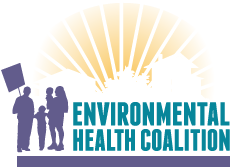

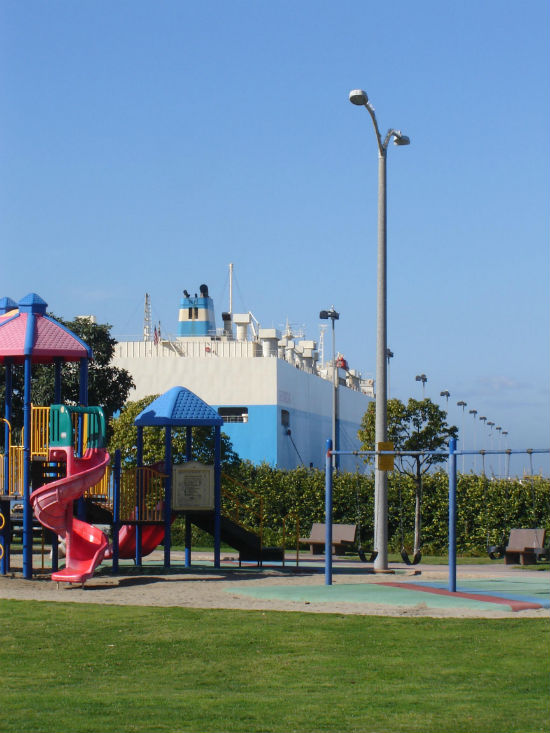

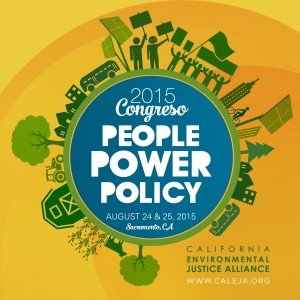 Environmental Health Coalition is joining the California Environmental Justice Alliance’s 2015 Sacramento
Environmental Health Coalition is joining the California Environmental Justice Alliance’s 2015 Sacramento 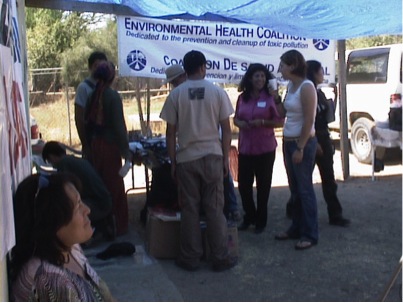
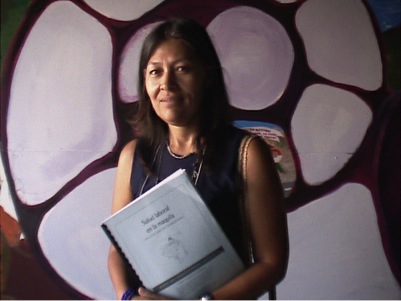

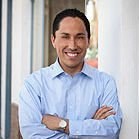 “We need to build on the investments we have made in our Bus Rapid Transit lines. I am advocating for a BRT stop to serve the communities of Golden Hill and Sherman Heights.”
“We need to build on the investments we have made in our Bus Rapid Transit lines. I am advocating for a BRT stop to serve the communities of Golden Hill and Sherman Heights.”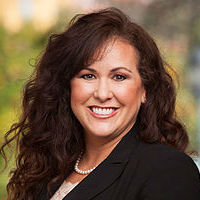 “My constituents have shared their concerns with the impact an expanded freeway would have on air quality, and have requested improved access to regional travel. We kindly ask [to] include these community-based alternatives in the DEIR.”
“My constituents have shared their concerns with the impact an expanded freeway would have on air quality, and have requested improved access to regional travel. We kindly ask [to] include these community-based alternatives in the DEIR.” “[By including these alternatives] the community will have a comprehensive understanding of the transit situation in this corridor and the decision makers can make a more informed decision on how to best spend our limited transit dollars”
“[By including these alternatives] the community will have a comprehensive understanding of the transit situation in this corridor and the decision makers can make a more informed decision on how to best spend our limited transit dollars” 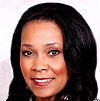 “I fully support the communities request for alternatives [that] may help us achieve the goals of our Climate Action Plan and will improve transit mobility not only for our impacted, overburdened, and underserved communities along the freeway, but for the entire region.”
“I fully support the communities request for alternatives [that] may help us achieve the goals of our Climate Action Plan and will improve transit mobility not only for our impacted, overburdened, and underserved communities along the freeway, but for the entire region.”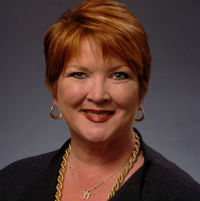 “The communities adjacent to the SR-94 have been historically underserved by public transit… please consider alternatives suggested by the community.”
“The communities adjacent to the SR-94 have been historically underserved by public transit… please consider alternatives suggested by the community.” 